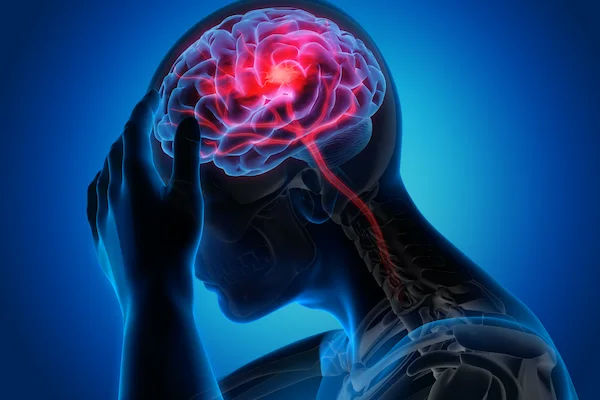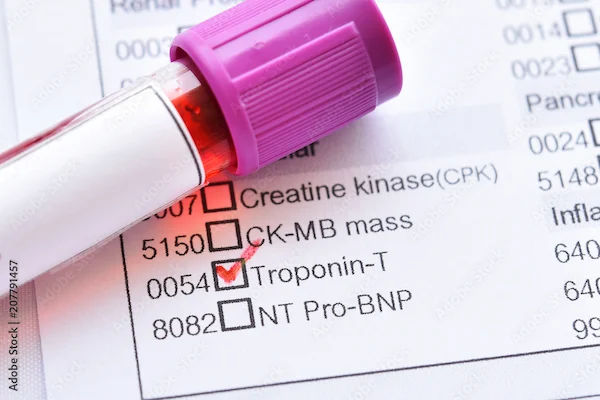- Female
- 28 Years
- 29/01/2025
I'm really confused about why I'm experiencing heart palpitations even when I'm not feeling anxious. For the past year, I've been dealing with anxiety and have been taking etizolem and propranolol for a few months to help with it. But if I miss just one dose of etizolem, my heart starts racing and feels very uncomfortable. It's really scary. Is it possible that these palpitations are more related to anxiety, like my psychiatrist suggests, or could it be something else, maybe related to my heart? I haven't had panic attacks or any other anxiety symptoms recently, just the palpitations when I skip the medication.
Answered by 1 Apollo Doctors
It sounds like you are experiencing symptoms of anxiety and possibly withdrawal effects from Etizolam. Etizolam is a benzodiazepine derivative used to treat anxiety disorders, and sudden discontinuation can lead to withdrawal symptoms such as increased heart rate or palpitations. Propranolol is a beta-blocker that helps with heart palpitations and can be used in combination with Etizolam. To address your concerns, it is important to follow your psychiatrist's advice regarding the management of anxiety and heart palpitations. It is possible that the palpitations you are experiencing when skipping Etizolam are due to withdrawal effects, as benzodiazepines should be tapered off gradually under medical supervision to avoid such symptoms. In addition to continuing your current medications, you may also benefit from therapy or counseling to address underlying anxiety issues. It is important to discuss any concerns or new symptoms with your psychiatrist for proper management.
Dr. Kareemulla Suggests...
Consult a Cardiologist
Answered 04/07/2025
0
0

More Cardiology Health Queries
View allI've been noticing this strange sensation in my chest. It's not painful, more like a tender or weird feeling. My heart's fine as far as I know, but I'm not sure what's going on. Could it be something else in the chest area? It's starting to worry me a bit. Any idea what this could be?
Given your young age and lack of cardiac symptoms, it is most probably case of heartburn, or acute gastritis. Try to avoid hot, spicy and acidic foods for a few days, opt for a blander softer and blander diet. Avoid smoking if you are a smoker, and increase green leafy vegetables in your diet. You can take pantoprazole + domperidone capsules (Pan-D capsules) for a few days to help you with your heartburn. Drink plenty of water and stretch your muscles regularly.
Answered by 1 Apollo Doctors
I'm curious about something. I've been dealing with high blood pressure for a few years now, and my doctor put me on Amcard At 5mg. I take it every morning. My blood pressure doesn't seem manageable without it, so I'm wondering if it's safe to be on this medication for the rest of my life. Any advice would be really helpful!
yes continue tab razel cv , also avoid butter,ghee, meat etc,, Salt restricted diet is advised to the patien.
Answered by 1 Apollo Doctors
When is it okay to stop taking Inderal LA 20 mg? I've been on it for about a month now for anxiety and because my blood pressure was a bit high, around 14085. I've managed to get those under control, so I'm wondering if it's safe to stop the medication. What do you suggest?
Inderal LA 20 mg is a beta-blocker medication used to treat high blood pressure and anxiety. Since you have been taking it for a month and have overcome your anxiety and your blood pressure is now under control, you can consider stopping the medication. However, it is important to consult with your doctor before making any changes to your medication regimen. Your doctor may recommend tapering off the medication gradually to avoid any potential withdrawal symptoms.
Answered by 1 Apollo Doctors
Disclaimer: Answers on Apollo 247 are not intended to replace your doctor advice. Always seek help of a professional doctor in case of an medical emergency or ailment.





